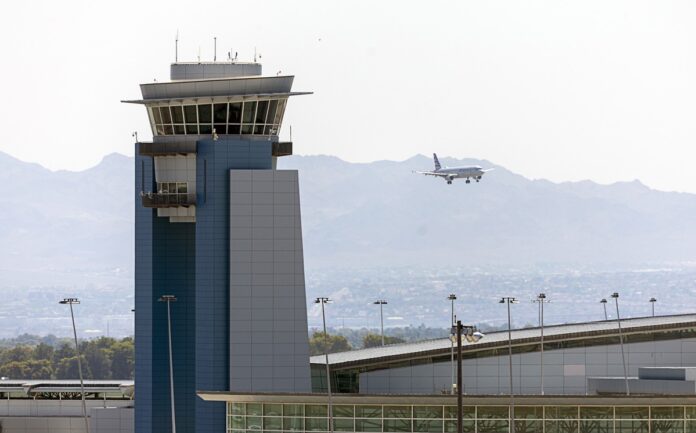The Impact of a Federal Government Shutdown on Las Vegas Tourism
As the clock struck midnight on Tuesday, October 1, 2025, anxiety loomed over Las Vegas, a city already grappling with declining tourist numbers. With Congress caught in a bitter deadlock, the looming possibility of a federal government shutdown has triggered alarm bells among industry experts, who project staggering potential losses of $1 billion per week for the travel sector. This article delves into the implications of such a shutdown for Las Vegas’s fragile tourism economy.
The State of Tourism in Las Vegas
In recent months, Las Vegas has faced a concerning downturn in visitor traffic. According to data from the Las Vegas Convention and Visitors Authority, nearly 8% fewer visitors have graced the city’s vibrant streets through August 2025, with more than 1.7 million fewer travelers passing through Harry Reid International Airport compared to the previous year. This decline has placed immense pressure on local businesses and hospitality jobs, further threatening the very fabric of the city’s economy.
The Threat of a Shutdown
The uncertainty surrounding a potential government shutdown is a major deterrent for both business operators and potential visitors. Industry leaders assert that even the mere threat of a shutdown can undermine consumer confidence, exacerbating the existing tourism slump. A recent Ipsos survey highlighted that 60% of Americans would reconsider or outright cancel air travel plans should a shutdown occur. This sentiment underscores how deeply intertwined the travel economy is with government operations.
Impact on Airport Operations
If a shutdown does take effect, travelers can expect to face longer security lines at Harry Reid International Airport. Federal Transportation Security Administration (TSA) agents and air traffic controllers—essential personnel who would continue working without pay during a shutdown—may call in sick due to financial stress, leading to further flight delays and cancellations. Dan Bubb, an associate professor at the University of Nevada, Las Vegas (UNLV), expressed concern that this could create a ripple effect of frustration among travelers already grappling with diminished patience in a high-stakes environment.
Local Responses From Industry Experts
Despite various forecasts, some local experts exhibit a more tempered view on the immediate impact of a shutdown. Amanda Belarmino, an associate professor at UNLV’s hospitality college, acknowledged that while a prolonged shutdown would indeed be detrimental, it might not be a major blow to local tourism in the short term. Conversely, industry representatives like Virginia Valentine, president of the Nevada Resort Association, emphasized the resilience and adaptability of the local gaming and resort industry, positioning it to withstand potential challenges on the horizon.
The Political Stalemate
At the heart of the impending shutdown is a political quagmire in Washington. Despite Republicans controlling both the White House and both chambers of Congress, the required bipartisan support to pass a continuing resolution remains elusive. Vice President JD Vance and Senate Minority Leader Chuck Schumer have exchanged barbs, underscoring the partisan gridlock that has made compromise feel nearly impossible. This political stalemate exacerbates fears about not just a shutdown, but the long-term stability of essential services pivotal to the travel industry.
The Broader Implications of a Shutdown
Lawmakers, including U.S. Rep. Dina Titus and Sen. Jacky Rosen, have voiced strong concerns regarding the broader implications of a shutdown. They highlight that the fallout could reach far beyond just the travel industry, affecting everything from healthcare access to local economies. With negotiations stalled, the stakes are high, as both sides grapple over the broader funding issues tied to the Affordable Care Act and its associated subsidies.
In this high-pressure environment, the ripple effects of a government shutdown could extend deeper into the community, impacting not just visitors but also the livelihoods of those who call Las Vegas home. The chorus of voices representing various concerns underscores the urgent need to overcome this logjam and prioritize the interests of the American people, especially as we navigate these turbulent times in the world of local tourism.
